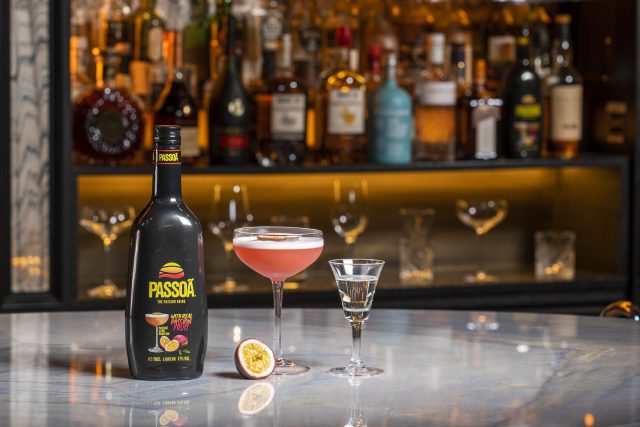Passoã creates Pornstar Martini competition
Passion fruit liqueur brand Passoã has launched a global bartending competition, inviting professionals from around the world to concoct their best Pornstar Martinis.

Entries are open to participants in the UK, Australia, Belgium, Germany, Greece, Netherlands, Spain and the US.
To enter, applications must be made on the Difford’s Guide website where bartenders can then use the ‘cocktail builder’ to craft their personal riff on the serve. The winner will earn €1,000 (US$1,065) and second place €500 (US$532).
Selecting these are a panel of judges including Hardeep Rehal, owner of Cocktail Solutions and Blume Copenhagen; Victor Lilue, marketing director for Passoã at Lucas Bols USA; Ivar de Lange, Lucas Bols’ global education manager; and Kaarina Jannin, Passoã’s global brand director.
Submissions will be judged on aesthetic, taste and name, with ‘out-of-the-box’ ideas and ingredients encouraged.
Two rules entrants must abide by is using a minimum 15ml of Passoã in their creations, and a maximum of nine ingredients (not including solid garnishes, zest or finishing sprays).
Founded more than 30 years ago, Passoã liqueur is made with ‘real’ passion fruit, features no artificial flavours, and has become a key part of the Pornstar Martini; originally created by Douglas Ankrah in 2002.
Consumers and amateur mixologists alike will also have the opportunity to put their Pornstar Martini making skills to the test, in a separate competition that will run alongside the on-trade one.
Earlier this year, Passoã agreed to a two-year partnership with Nightcap, ensuring it would be the bar investment group’s exclusive passion fruit liqueur in its UK venues.
Related news
Sastrería Martínez unveils new cocktail menu
